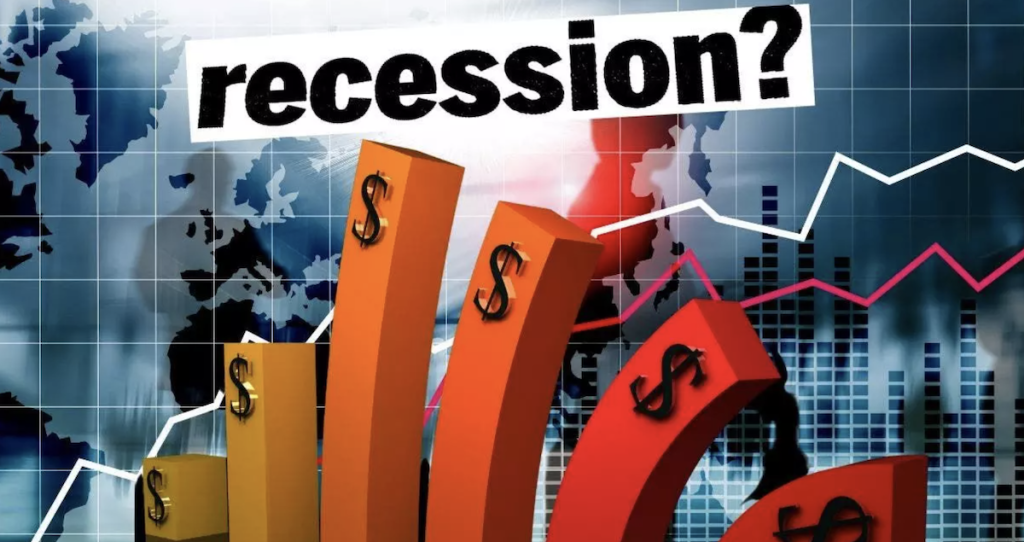Safe distancing and mask-wearing are becoming things of the past, however, the economic impact of COVID will still be felt for quite some time to come.
In 2022, inflation reached 40-year highs across economies in the Western world. Singapore recorded a 14-year high, and the Monetary Authority of Singapore (MAS) was forced to tighten monetary policy five times to help rein the levels in.
This circumstance is primarily a result of the pandemic. For two years, governments were forced to issue money to keep the economy going. Along with this, supply chain disruptions – for which, geopolitical tensions and the Ukraine-Russia conflict were also a major contributor – led to the scarcity of goods, resulting in sky-high prices.
Now, with the world open yet again, countries must work to get their economies back on track. The US Federal Reserve has been increasing interest rates – to control money supply – since early 2022, and there’s more pain still to come. Such policy decisions slow down economic growth and can trigger a recession.
This January, the head of the International Monetary Fund predicted that a third of the global economy would enter a recession in 2023. Along with this, the World Bank updated its growth projections from three per cent to 1.7 per cent.
World Bank Group President David Malpass says, “Emerging and developing countries are facing a multi-year period of slow growth driven by heavy debt burdens and weak investment as global capital is absorbed by advanced economies faced with extremely high government debt levels and rising interest rates.”
We spoke to experts to find out how Singapore is set to fare through these troubling times, and the impact this might have on everyday life.
Is Singapore headed for a recession?
In a report from IG Asia, market strategist Junrong Yeap states, “A recession is not the base case for Singapore, while key markets such as the US and Europe are under higher recession risks.”
Although GDP growth is predicted to be as low as 0.5 per cent – well below the 10-year historical average of 3.3 per cent – there is hope of a brighter outlook in the second half of the year. RHB Bank echoes a similar view, stating that if a technical recession were to happen in Singapore, it would be “short, shallow and orderly”.
Such a scenario hinges on the performance of other economies around the world. As Maybank economist Ju Ye Lee explained to the Business Times, “Singapore will not be spared from recession if the US and global economy slip into recession.” This is due to the country’s reliance on export-oriented sectors such as manufacturing, trade, and finance.
Over the past six months, optimism seems to have waned. In July 2022, the Ministry of Trade and Intelligence acknowledged global headwinds, but didn’t entertain the possibility of a recession.
Skipping ahead to November, economists began expressing more concern of a technical recession, in light of Singapore’s growth forecast.
Impact on employment
Even as the economy slows down, experts remain positive about Singapore’s employment figures.
“As of the third quarter last year, the unemployment rate has been at two per cent, which is even lower than pre-pandemic levels of around 2.3 per cent. Labour market demand has been very resilient,” Junrong Yeap tells Vulcan Post.
Yeap mentions that there’s still room for the market to withstand further economic pressures. Some employers continue to highlight a shortage of talent, indicating a demand for workers with the right skill sets.
That being said, he doesn’t discount the possibility of trouble ahead. “Further moderation in global economic activities could create downside risks to employment. The manufacturing, healthcare, life sciences and more R&D-focused sectors could potentially see more headwinds.”
The technology sector has also been hit hard over the past year. Venture capital has opted for caution and as a regional tech hub, Singapore is feeling the impact.
“The past few years have seen venture funding rise to dizzying heights — particularly in the tech sector — and we view the current decline as a return to reality and fundamentals,” says Jeremy Tan, founder of Tin Men Capital.
While there are still funds out there ready to be deployed, Tan states that they’re tougher to come across. “Deployment will be at a slower pace and favour startups that demonstrate a clear pathway to profitability.”
Everyday life in Singapore
For everyday Singaporeans, rising prices are one of the most apparent signs of the economic downturn.
As per a study by Seedly and Milieu Insight, eight in 10 residents claimed that they had been affected by the inflation. From food to housing, the increased cost of living has made a notable impact on most people’s lives. Investing sentiment has waned and retirement plans have been altered during this time.
Going into 2023, Singlife Investment Officer Shae Quek says, “Singaporeans may have to make difficult choices, plan alternative budgets, and cut down on certain expenses. Everyday life will certainly be more challenging in the short-term, but this is something that will hopefully lead to better long-term outcomes.”
Quek also uses this circumstance to illustrate why good financial planning is a must.
“The golden rule is that it’s not about timing the market, but time in the market. Investors should conduct thorough research and due diligence, focusing on the longer-term. Even if current market conditions are not the most conducive, there are still opportunities to preserve wealth and prepare for the right opportunities.”
Featured Image Credit: Millennium Post
Also Read: A look at the Assurance Package and how it’s helping to cushion the impact of GST hike
